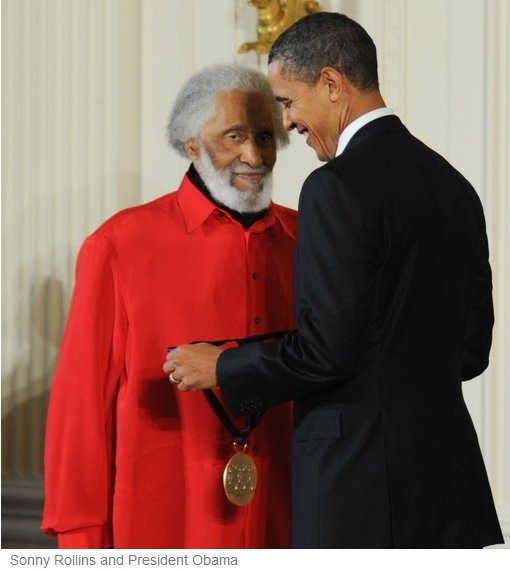A post from a few weeks back, but still relevant:
Charles Mingus was recognized in his lifetime as a virtuoso bassist, accomplished pianist and bandleader. Today his enduring legacy may be as a major 20th-century composer. To grasp some sense of his growing importance, consider the fact that his entire body of work has been acquired by the Library of Congress. This is not only a first for jazz, but also for an African-American composer. At this death he left behind more than 100 albums and over 300 compositions — music that is still considered far ahead of its time. In the field of jazz, his is the largest legacy of composition in American music after Duke Ellington.
To think of Mingus as a jazz musician is correct — at least to a certain degree, but the term should be understood in its broadest sense. He was influenced by composers of many different stripes, and it wouldn’t be hard to find passages with as much kinship to Debussy as to gospel and blues. Imagine hearing jazz performed by bassoon, flute, bass clarinet and horn, and you begin to get the subtlety of this composer. Yes, of course, the saxophones, brass and rhythm sections are there too, but this is music that surprises at every turn. Listening beyond the instrumental colors takes us into a world whose treatment of harmony and time is truly unique. Mingus can easily shift between an almost stately blues pace to a double time passage that could have belonged to bebop, and just as fluently, he can take us back out of that hectic rate to his original pace without the least amount of discomfort to the listener. His chord changes are advanced, unpredictable and yet entirely “right” to the ear. To improvise in Mingus is to reach well beyond the tonal palette of traditional “changes”. His is a truly original voice.
I know very little about music, but I’ve loved almost every Mingus piece I’ve heard. He quickly became one of my favourite jazz performers.




